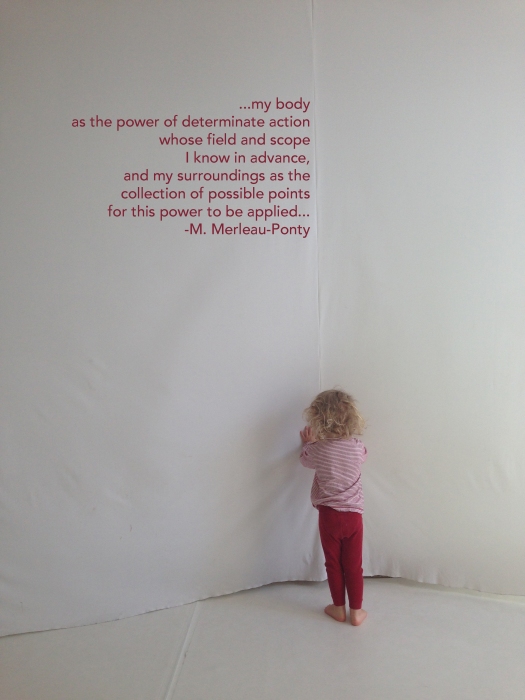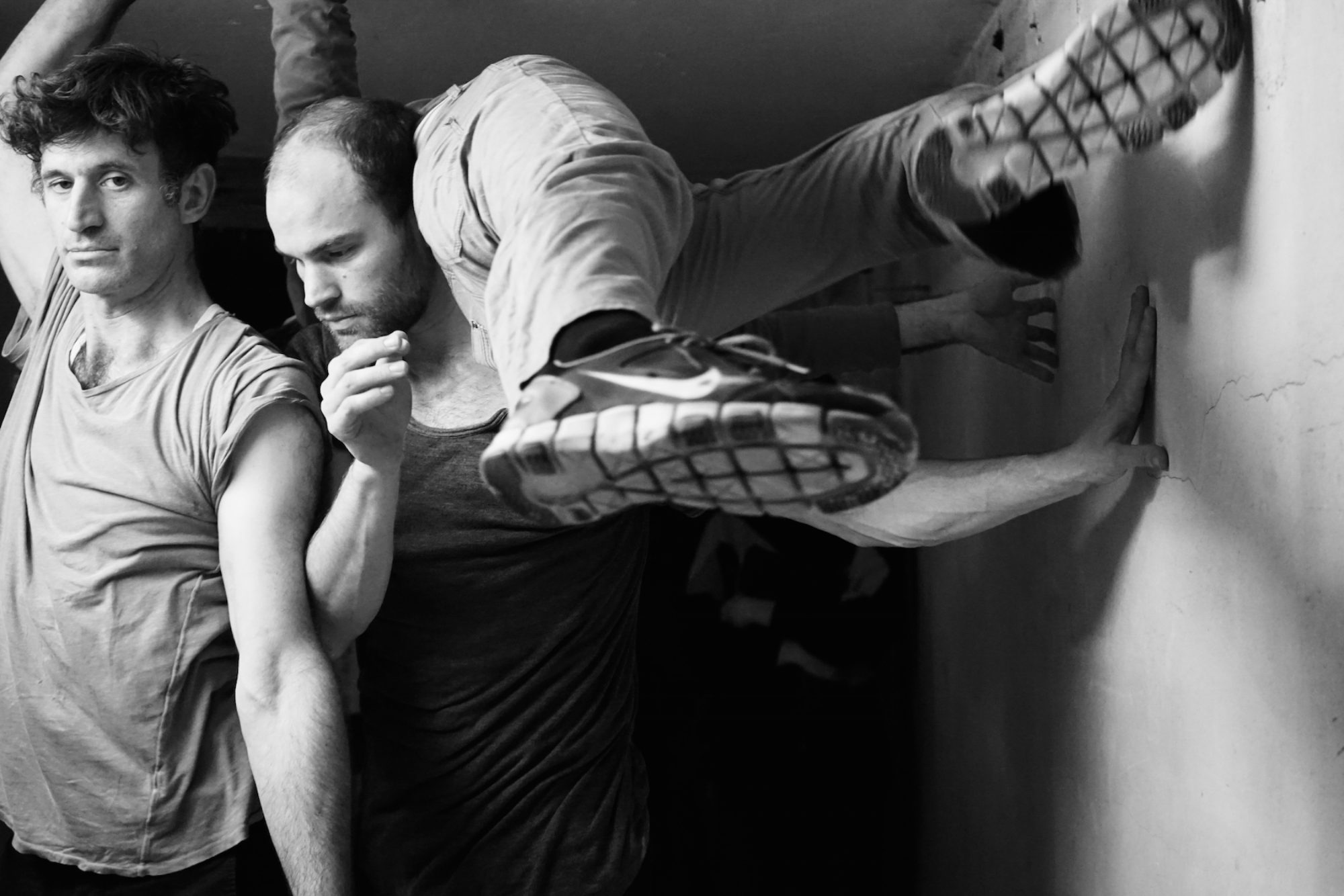
[youtube https://www.youtube.com/watch?v=4_A7V3U1Oeg]
determinate action

Merely
In several journal articles that I have read, I sense the white male privilege and how it seeps through, even when the article is written by a well educated female, who hopefully has enough education to get beyond or out from under (pun not intended) the white male privilege.
In “Foucault’s Turn from Phenomenology: Implications for Dance Studies, Sally Ness writes “Dance, or any embodied movement oriented practice, is not what Foucault studied.” It is good to use thoughts and models from different disciplines to interrogate and problematize one’s own practice. But then later in the conclusion, Ness writes – The field [dance studies] has acquired its fair share of cross-disciplinary prestige that any alignment with Foucault’s work inevitably carries. So only by quoting a dead white guy who knew little to nothing about dance can the embodied(female!??!) practice of dance enter the theoretical (male?!?!) world of intellectual discourse.
In an article about Merleau-Ponty and Laban, by Maureen Connolly and Anna Lathrop, Connolly is described as having a “commitment to phenomenology and movement education that is unashamedly (emphasis mine) bodily based.”
Why does she need to bring shame into it? Is she ashamed of her body? Does Alvin Noë have to write that he is unashamedly cerebral? No, because he is of the power structure, white, male, and cerebral. I feel that by connecting shame to being body based, Connolly is still operating under a value system that devalues the body and favors the mind.
In Playing with Performance: The Element of the Game in Experimental Dance and Theater by Karen Clemente, she quotes Michael Kirby about post-modern dance – “…Dance is not used to convey messages or make statements. The dancers are merely themselves.”
Oh, how I hate that word merely. Yes, it can mean purely,without admixture. But it has the word mere in it, which for me has a negative connotation, a mere child. That the dancers in Kirby’s quote are no better than their bodies. That without a code, to bring Barthes into, the subject is dis-intellectualized, all we have is the body and therefore, not of much value. I doubt Kirby or Clemente would say that they disvalue the body, but I think there is a vestigial bias, left over from Descartes or wherever. Similar to how people who improvise and value it as a means of art creation say just improvise or that improvisation is not a piece. That there is technical dance and then there’s CI. Which makes me think of CI dancers in Germany who don’t call themselves dancers because they haven’t gotten a certification in dance. Which then leads to CI being even more marginalized in their own minds and end up even more noodly and less rigorous/less technical.
We are all suffering under biases that we have not consciously accepted or created. Sometimes, though, it seems like there are intellectual/critical theory tropes that people invoke because that is what we are supposed to do. I remember a thread on Facebook about a performance by Isabel Schad at Counterpulse last year. In it she is naked and there is a sound score with a male voice. Everyone was up in arms because the male/voice/intellect was controlling the female/body, or so they thought.
“How could Isabel and her collaborator make such piece?!? Don’t they know how that piece is read?”
The groovy liberals of the SF dance scene, I thought, would value the female/body equally, if not more, than the word/mind. And that they would not think that there are multiple readings and intentions. Isabel and her collaborator weren’t thinking about gender when making the piece. But maybe they, too, are unaware of what vestigial cognitive biases remain.
